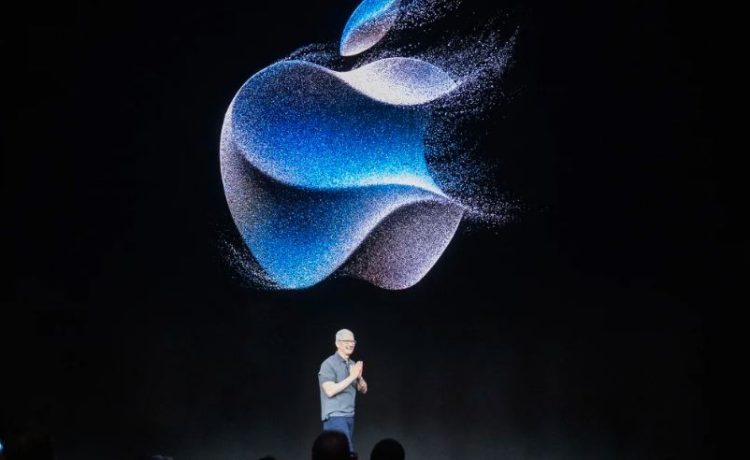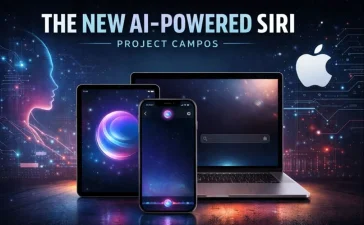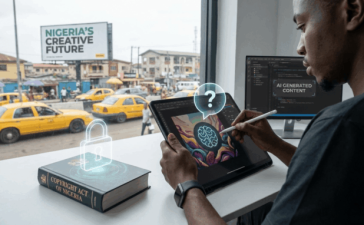Apple has announced the date of its next major event, where the iPhone 16 is expected to launch with the tagline “It’s Glowtime.” The event, held at the Steve Jobs Theater in Apple Park and streamed online is expected to showcase significant advancements in generative AI technology.
While the exact meaning of “glowtime” remains unclear, the spotlight is expected to be on the latest iPhone’s integration of artificial intelligence. During Apple’s Worldwide Developers Conference in June, the company introduced a range of generative AI features, including personalized Genmoji and a more intelligent Siri capable of managing schedules, emails, and flight information.
The iPhone 16 is anticipated to be the first model designed with generative AI at its core, building upon AI features already available in earlier models like the iPhone 15 Pro Max. Enhanced AI capabilities, including potentially more advanced integrations with OpenAI’s ChatGPT-4o, could revolutionize user interactions by providing tailored responses, recalling past photos, and learning user preferences over time.
In June, Apple announced a slew of generative AI features for the iPhone its annual Worldwide Developers Conference. The company unveiled the first batch of tools powered by “Apple Intelligence,” from personalized Genmoji – Apple’s AI-generated emoji – to a significantly smarter Siri, which can answer questions about your schedule, what’s in your email and what time your loved one’s flight is landing.
Despite the excitement, some analysts, like Angelo Zino from CFRA Research, suggest that the rollout of these AI features will be gradual, with some enhancements potentially not arriving until 2025. The integration of AI is seen as an evolutionary step rather than a dramatic overhaul.
The introduction of generative AI could also impact iPhone pricing, with some speculation that the advanced features might lead to increased costs. This comes as Apple faces declining sales in China and growing competition in the smartphone market.
Artificial intelligence has been integrated in some iPhone features for years now, such as Live Text and an improved autocorrect function over the original. But enhanced generative AI could build on those features aimed at enhancing interaction and personalization, potentially making a new iPhone the first specifically built with some of those features in mind.
But Angelo Zino, a CFRA Research technology analyst, said the outlook for the iPhone 16 is muted, since the new AI features will be rolled out over the next few years – enhanced Siri may even come as late as 2025, for example, Zino said.
“This is going to be more of an evolutionary process, rather than some big cyclical, iPhone cycle,” Zino said.
Generative AI enables tools to create written work, images and even audio in response to prompts from users.
Apple’s segway into artificial intelligence would most likely be through Siri, the company’s virtual assistant, analysts said. Combining Siri with OpenAI’s latest ChatGPT-4o model could allow the assistant to recall a picture taken years ago, provide more specific information, and even possibly learn the user’s preferences and personality over time.
The launch could change Apple’s trajectory for the iPhone. iPhone sales in China have tumbled due to uncertain economic conditions and growing competition.
One of the biggest questions about the device launch is how much it will cost. Apple enthusiasts have debated for years whether iPhone models should be cheaper, while investors would prefer maximum profit. CFRA isn’t modeling a huge price spike for the iPhone 16, but the inclusion of AI capabilities “could potentially see them increase prices across the board” Zino said.
Apple’s competitors have already dipped into the generative AI space, such as Samsung’s “circle to search” feature, which allows users to quickly search for information on a device’s screen with a finger gesture.







